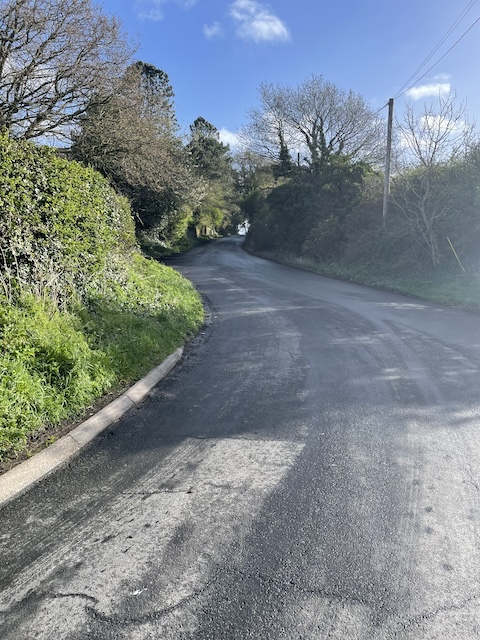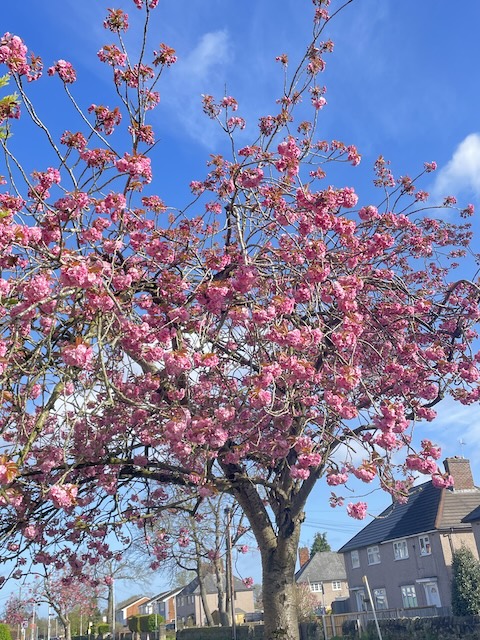Often when I run, I’m listening to a podcast. It’s a nice distraction and one of the only times where I actually can do two things at once. This time, I was listening to ‘The History of Literature’, a show where the host, Jacke (that ‘e’ is not a typo) Wilson, rambles on about literature and poetry that is generally older than fifty years old. This podcast, despite his meandering style, is great because it helps to plug some of the many gaps in my knowledge, as I have an anxiety that I can’t join the dots.
What I mean is, that when I hear some people talk about books and stuff, they always seem to know how they link up. Either around the author’s contemporaries, and what was going on at the time for them, or how the story/poem etc. might fit in with other works before and after it.
Why is that important? Because nothing comes from nothing, to slightly paraphrase King Lear. Shakespeare is seen as the cream of the crop (sometimes to the detriment of people getting to know his work – it’s seen as beyond reach), but he nabbed virtually all his ideas and storylines from previous works.
The other thing this podcast sometimes does for me is introduce me to poetry. As some folk don’t touch Shakespeare because his language is too alien, so I am with virtually all poems. I rarely sit and read them; I skip over them in books; I just can’t decipher most of them and I don’t have the patience to try by myself.
Unless. Unless someone gently holds my hand and reads one to me, and then explains its meaning. Even then, for the most part it washes over me and doesn’t penetrate my brain. But when it does go in, it’s because of a great line.
Yesterday, as I was running to the bottom of Red Hill Road to do hill repeats, I was listening to Jacke ramble on about Percy Bysshe Shelley. Knowing him before only as the bloke who eloped and married Mary Godwin (she who wrote Frankenstein), I found I was quite warming to a guy who I’d previously considered a gadabout. He was open and generous and kind. Yes, he had issues too, but his heart was essentially in the right place.
I also learned that he, Byron and Keats, apparently called the second wave of the Romantic Poets, were born at the back end of the eighteen century, unlike Wordsworth and Coleridge. They were a bit annoyed that their hero Wordsworth turned into a bit of a reactionary in his later years, but then he’d seen the French Revolution turn into the Terror. Would they have become more conservative if they had lived longer lives and seen great turmoil? It’s hard to say, but I always find the context of a writer’s setting interesting because it may feed into their work.
Jacke began to recite from one of Shelley’s poems, ‘We are as clouds that veil the midnight moon…’. He had me with that line. I had to pause it there because along with the loud whistling of the wind, I was about to start my first huffing and puffing session up that road and at points like these I can’t do two things at once.


Three and a half lung-busting hills later, I restarted the podcast as I jogged slowly back home. It required a couple of rewinds of the poem to get the meaning a little bit more and hear the musicality of the words. I still don’t understand all of it, but it is beautiful, and I think that the main gist of it is that the only constant thing in life is ‘change’.
I always thought the line ‘Look on my works, ye Mighty, and despair!’ has an epic feel.
Yes, Ozymandias! I heard that one too recently. He’s got a good turn of phrase
I follow an awful lot of blogging poets?..I was going to say I don’t normally look for poetry, it normally just finds me…in a song, a novel….and appreciated
One of my favourite quotations, from Book 1 of ‘Paradise Lost’ (Satan is the speaker):
The mind is its own place, and in it self
Can make a Heav’n of Hell, a Hell of Heav’n
The Romantics were big fans of Milton. And you can tell why in this quotation. It sums up the supreme power and capacity of the human mind – and, specifically, of the imagination.
One of these days I will read that Paradise Lost !